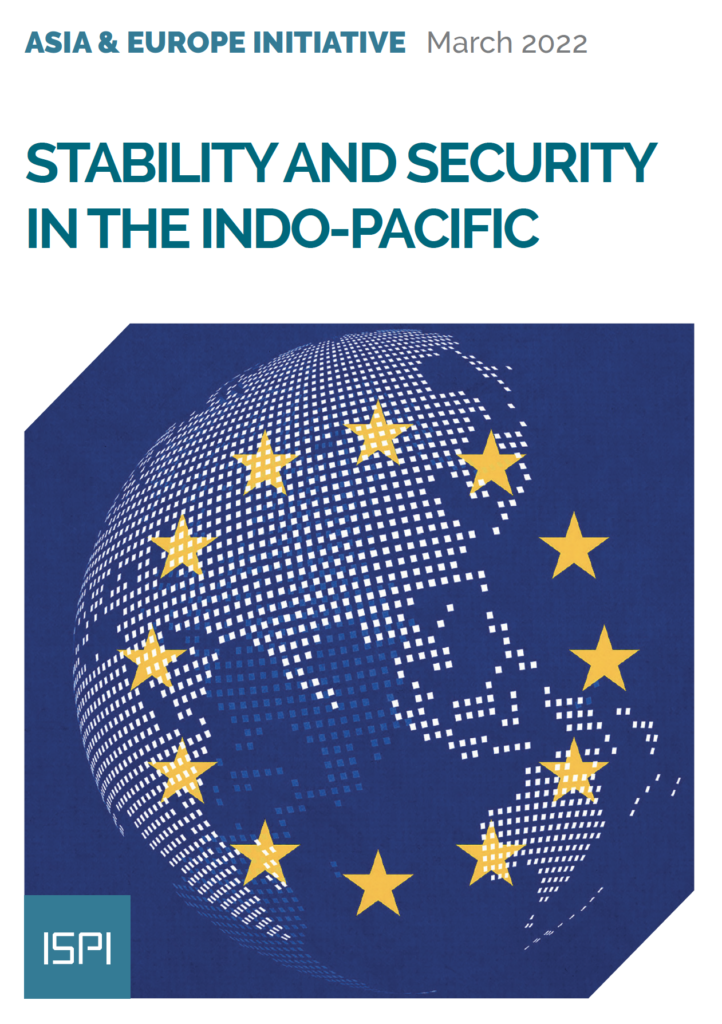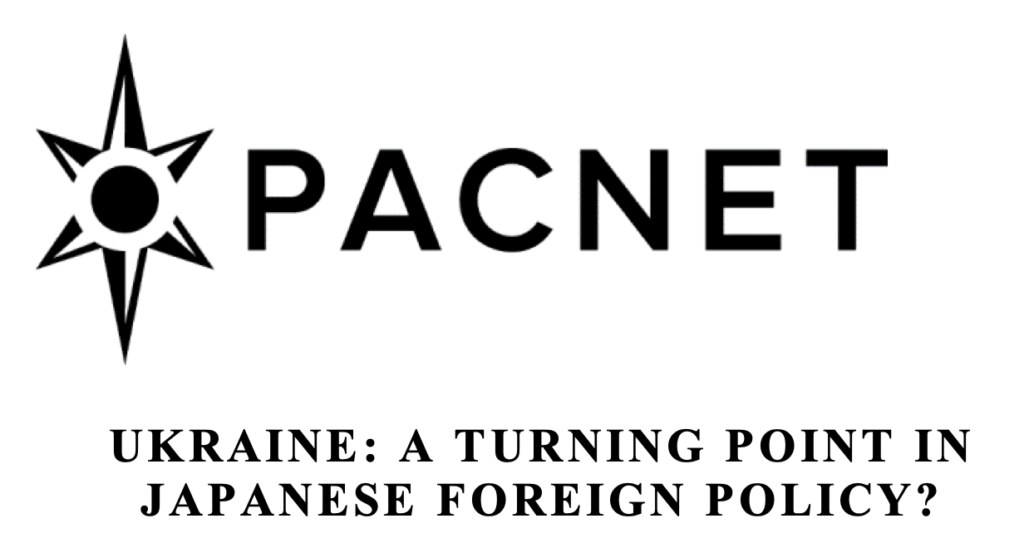In a new policy paper, Garima Mohan, Bonnie Glaser, and I offer insights on how the Quad countries and South Korea can expand their engagement in the Indo-Pacific in eight areas: critical and emerging technologies, infrastructure, health, climate change, education and people-to-people exchange, maritime safety and security, cybersecurity, and outer space.
-
Recent News
- New Publication: US-ROK-Japan Trilateral Engagement on Economic Security: Disentangling Resilience, Competitiveness, and Protection
- New Publication: Institutionalizing US-ROK-Japan Trilateral Cooperation: Recent Progress and Future Prospects
- Recent Talks on Technology and Economic Security in Japan
- US-Korea NextGen Scholars Program
- New Open Access Publication: The Role of the United Nations in Japanese Foreign Policy and Security Architecture
- New Publication: Fishing, Human Security, and Transboundary Maritime Challenges in the Pacific Islands Region
- Keynote Address: The Quad and Public Goods in an Era of Minilateralism
- Talk: Deepening Canada-Japan-US Relations in the Indo-Pacific
- New Publication: Avoiding and Exploiting the Tragedy of the Commons: Fishing, Crime, and Conflict in the South China Sea
- Talk: South Korea’s Engagement in Regional Space Institutions
- US-Japan Leadership Program
- New Publication: From Trade Laggard to Trade Leader: Japan’s Role in Countering the Backlash Against Globalization



